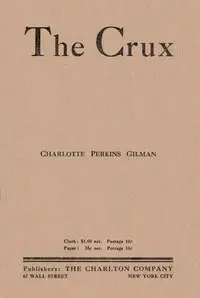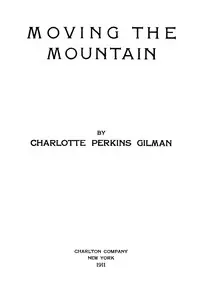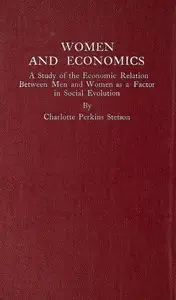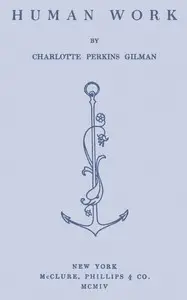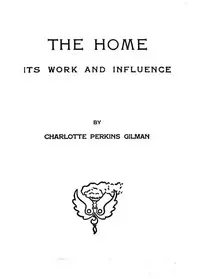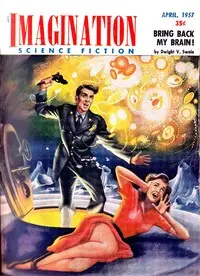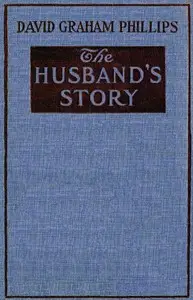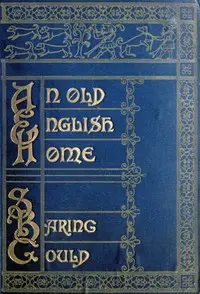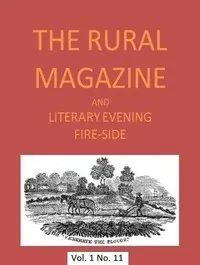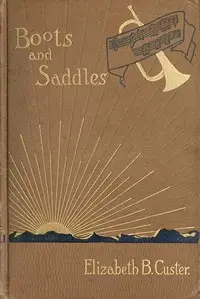"Suffrage Songs and Verses" by Charlotte Perkins Gilman is a collection of poems written during the early 20th century that passionately advocates for women's suffrage and empowerment. The poetry reflects the social and political climate of its time, addressing themes of women's rights, equality, and the transformative power of women's voices in a patriarchal society. Gilman's work resonates as a historical document of the suffrage movement, capturing the struggles and aspirations of women seeking recognition and justice. The collection comprises a variety of verses, each addressing different facets of the suffrage struggle. Through her poems, Gilman emphasizes the importance of women's participation in public life and politics, arguing against societal norms that confine women to traditional roles. She highlights the power inherent in motherhood and womanhood while advocating for women to embrace their strength and agency. Each poem serves as a rallying cry for women's rights, making powerful statements on issues such as duty, identity, and social justice, ultimately calling for a collective awakening among women to claim equality and a rightful place in society. (This is an automatically generated summary.)
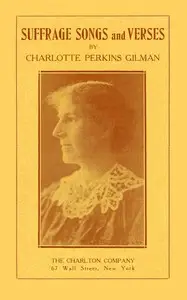
Suffrage Songs and Verses
By Charlotte Perkins Gilman
"Suffrage Songs and Verses" by Charlotte Perkins Gilman is a collection of poems written during the early 20th century that passionately advocates for...
Charlotte Perkins Gilman, also known by her first married name Charlotte Perkins Stetson, was an American humanist, novelist, writer, lecturer, early sociologist, advocate for social reform, and eugenicist. She was a utopian feminist and served as a role model for future generations of feminists because of her unorthodox concepts and lifestyle. Her works were primarily focused on gender, specifically gendered labor division in society, and the problem of male domination. She has been inducted into the National Women's Hall of Fame. Her best remembered work today is her semi-autobiographical short story "The Yellow Wallpaper", which she wrote after a severe bout of postpartum psychosis.

